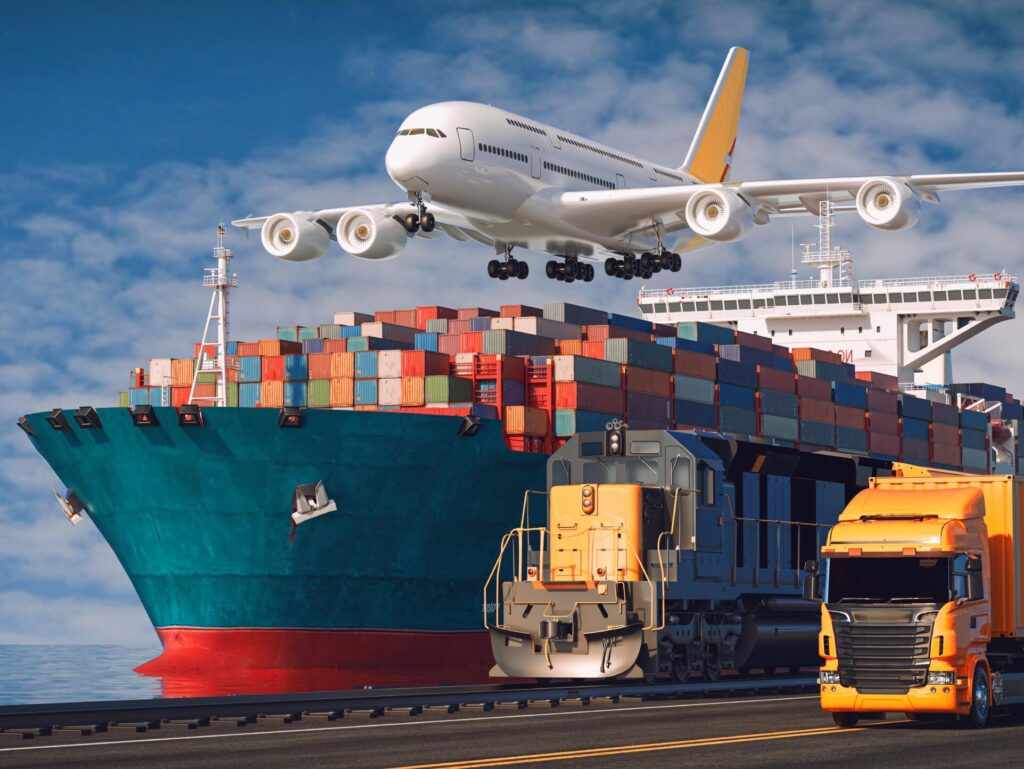Revolutionizing the Logistics Industry: The Transformative Power of Emerging Technologies in Supply Chain Management

The logistics industry is currently experiencing a significant transformation, driven by the rapid advancement of technology. The next generation of supply chain management is being shaped by emerging technologies like Artificial Intelligence (AI), Blockchain, and the Internet of Things (IoT). These technologies are revolutionizing supply chain operations, offering unprecedented opportunities for efficiency and optimization.
Artificial intelligence (AI) and machine learning (ML) are playing a pivotal role in redefining supply chain management. By automating decision-making processes and enabling predictive analytics, AI-driven software can provide demand forecasting up to 12 weeks in advance, empowering logistics companies to optimize their operations. For example, AI can develop predictive models to anticipate future customer demand, facilitating effective supply chain planning and enhancing efficiency.
Blockchain technology is a game-changer for the logistics industry. With its decentralized public record system, it enables real-time documentation of all changes to a record, enhancing transparency and efficiency. Blockchain can automate customs clearance processes, reduce compliance costs, and provide real-time tracking of shipments, minimizing the risk of delays or theft. This technology is reshaping delivery processes, increasing production levels, and improving overall supply chain efficiency.
The Internet of Things (IoT) is transforming how companies manage their supply chain and logistics. IoT devices, such as sensors and trackers, connect computer systems through Wi-Fi networks, GPS, and other technologies to track products and deliveries. Leading companies like Volvo and Amazon are already leveraging IoT to track vehicle components and manage warehouse operations, respectively. IoT devices provide real-time data access and enable efficient transaction execution by tracking the status of goods as they move through the supply chain.
The Role of Cloud Computing
Cloud computing is revolutionizing supply chain management by enabling companies to track materials and products, receive real-time updates, and provide order status to customers. Cloud-based solutions enhance data storage, integration, security, and information sharing, streamlining activities across multiple devices and software users.
The Impact of Emerging Technologies
Emerging technologies are crucial in managing outstanding debt in the logistics industry. Advanced AI-powered analytics help predict financial risks and make informed decisions to prevent disruptions in the supply chain. Additionally, blockchain technology ensures transaction transparency, reducing financial discrepancies and mitigating the risk of outstanding debt.
Augmented Reality: Transforming Warehouse Management
Augmented reality (AR) is set to revolutionize the logistics industry. By creating a digital interface over the physical world, AR provides real-time information to users, significantly enhancing warehouse operations. AR glasses guide workers in picking and packing items, increasing speed and reducing errors. Moreover, AR facilitates training in a safe virtual environment, improving efficiency and safety in warehouse operations.
Big Data: Empowering Decision-Making
Big data analytics reshapes the logistics industry by providing actionable insights from vast amounts of data. It enables companies to analyze patterns, trends, and customer behavior, optimizing routes, managing inventory, and predicting demand. Combined with AI and machine learning, big data offers predictive insights for proactive decision-making, helping logistics companies stay competitive in a data-driven market.
The Emergence of Autonomous Vehicles and Drones
Autonomous vehicles and drones are transforming supply chain management. Self-driving vehicles operate around the clock, reducing delivery times and costs associated with human drivers. They optimize routes, reduce fuel consumption, and contribute to sustainability efforts. Drones, on the other hand, provide efficient last-mile deliveries, especially in remote areas. As these technologies continue to evolve, they will shape the future of supply chain management.



3 Comments
Join the discussion and tell us your opinion.
I was particularly intrigued by the use of AI in forecasting demand. It’s amazing how it can help logistics companies optimize their operations.
And not just AI, even Blockchain technology seems to be a game-changer for this industry. The real-time documentation of changes and transparency it brings is truly revolutionary.
While all these advancements sound exciting, I can’t help but worry about the job losses they might lead to. As AI and automation take over more tasks, I wonder what’s going to happen to the people currently employed in those roles.